***Disclaimer – The Full Order and All Attachments are attached in the link below for your review.***
As a result of the COVID-19 pandemic, many efforts have been and continue to be made to assist landlords and tenants affected by the public health crisis and remove barriers to justice. The Judiciary is implementing a multifaceted plan for improving the handling of Landlord/Tenant (LT) cases from the outset, including by providing litigants with information and resources. Our primary goal is to assist litigants in resolving their matters, not dispose of cases through trial or default. No party will be pressured into settling their case.
The Judiciary has engaged with tenant advocates as well as landlord representatives to create the attached informational materials that will be distributed to all parties in LT cases. In addition, every vicinage, in coordination with their Diversity, Inclusion and Community Engagement Committees and Ombudsmen, is organizing virtual LT outreach events to provide litigants and others with up to date information on current court operations. Those outreach events, conducted in partnership with key stakeholders, will highlight local community resources that provide legal, financial, and other forms of assistance relating to rental housing and mortgage payments.
This Directive sets forth the requirements of newly implemented LT case management steps, procedures, and forms for (1) service of complaints and conferences; (2) CARES Act certification of compliance; and (3) Order to Show Cause process for LT trials in limited circumstances.

